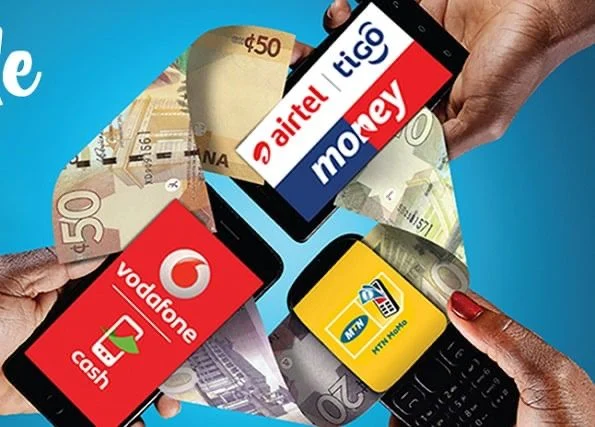The Ghana Revenue Authority (GRA) has officially announced the cessation of the 1% Electronic Transfer Levy (E-Levy), effective midnight of April 2, 2025. This directive follows President John Mahama’s assent to the Electronic Transfer Levy Act, 2022 (Act 1075) and its subsequent Amendment Act, 2022 (Act 1089), effectively abolishing the contentious tax on electronic transactions. The GRA’s Domestic Tax Revenue Division (DTRD) issued a statement confirming the automatic update of the Electronic Transfer Levy Management and Assurance System (ELMAS) to reflect a “no charge” status for all future transactions, guaranteeing consistent implementation across all financial platforms. This marks the end of a period of significant public debate and opposition to the levy.
The GRA’s directive mandates immediate compliance by all charging entities, requiring them to halt E-Levy deductions and initiate refunds for any levies erroneously charged after the April 2, 2025 deadline. This directive underscores the GRA’s commitment to ensuring that the repeal of the E-Levy is implemented swiftly and accurately across the financial ecosystem. Charging entities are also required to meticulously document all processed refunds and submit comprehensive reports to the GRA, providing transparency and accountability in the transition process. This documentation will allow the GRA to monitor compliance and verify the accuracy of the refunds issued.
Beyond halting future deductions and processing refunds, the GRA’s directive also compels charging entities to settle any outstanding E-Levy amounts accrued prior to the April 2, 2025, cutoff date. This ensures that all funds due to the government under the now-repealed levy are properly accounted for and remitted. The GRA is effectively drawing a line in the sand, ensuring a complete and transparent accounting of all E-Levy collections before its abolition.
The E-Levy, introduced in 2022, was met with widespread public resistance from its inception. Initially set at 1.5%, the levy was subsequently reduced to 1% in an attempt to address public concerns. However, the reduction failed to quell the widespread disapproval, with businesses and individuals alike continuing to criticize the levy as an unnecessary financial burden on digital transactions, hindering the growth of digital commerce and financial inclusion. This opposition significantly contributed to the decision to abolish the tax.
The repeal of the E-Levy is anticipated to have positive ripple effects across the Ghanaian economy. By removing the cost associated with electronic transfers, the government aims to stimulate digital transactions, fostering greater financial inclusion and facilitating smoother commercial activities. It is expected to encourage the wider adoption of digital payment platforms, reducing reliance on cash transactions and promoting a more modernized financial landscape. The removal of the levy is also expected to alleviate some of the economic pressures faced by Ghanaians, particularly those who rely heavily on digital transactions for their daily needs.
The GRA has assured the public of its commitment to ensuring a seamless transition during the implementation of this new directive. They have emphasized their proactive measures to monitor compliance and address any potential challenges that may arise. This assurance aims to instill confidence in the public that the repeal process will be efficiently managed, minimizing disruptions and ensuring that the intended benefits of the E-Levy’s abolition are realized effectively. The elimination of the E-Levy is ultimately portrayed as a responsive measure by the government, acknowledging public concerns and aiming to stimulate economic activity and financial inclusion.














